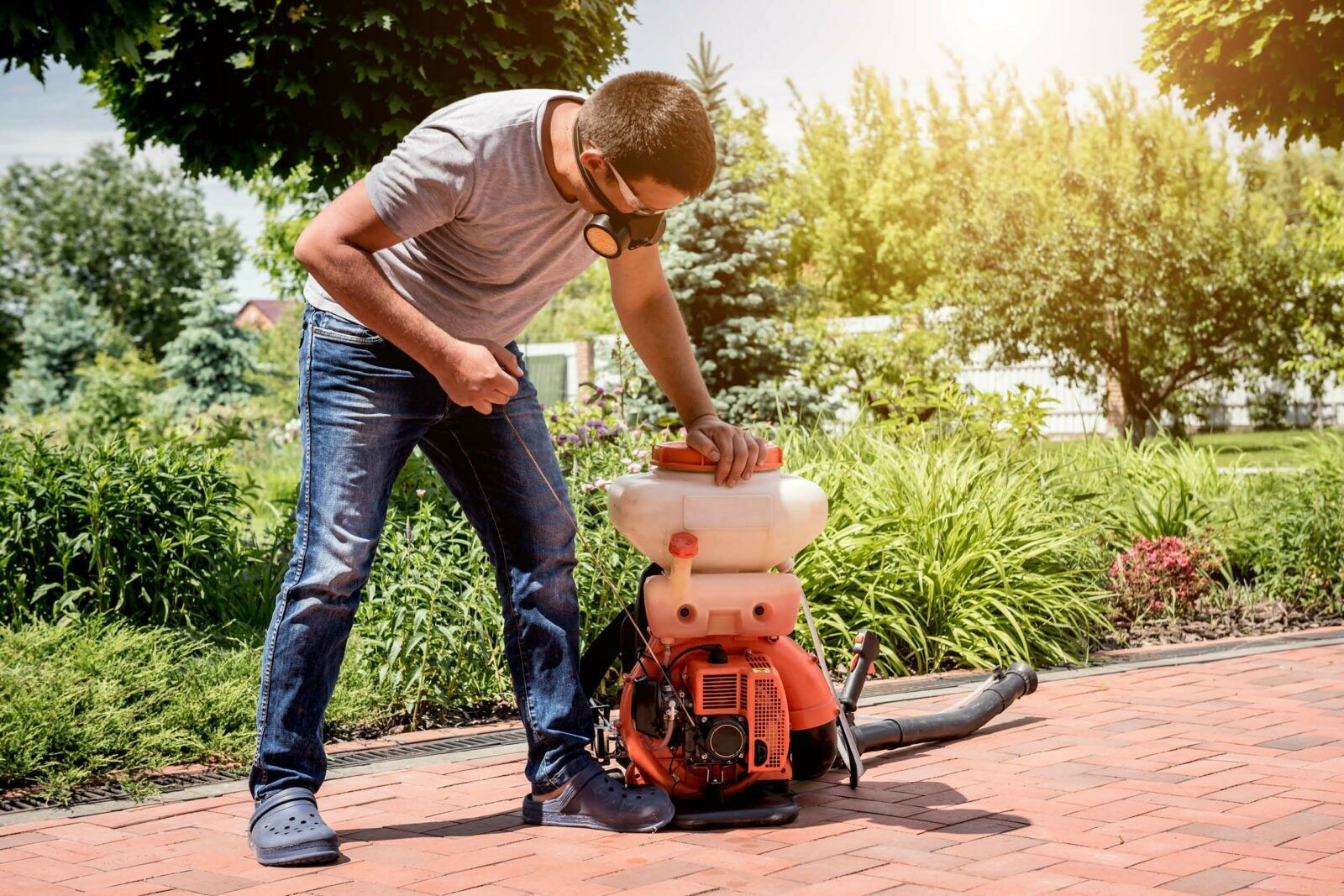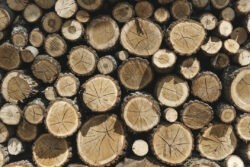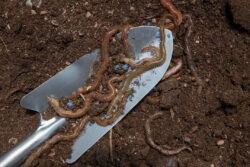Spring is all about growth, and gardeners are the first to notice the change in the season. Flowers, grass and hedges all seem to grow at a considerable rate once the weather warms up. It doesn’t matter if you are a professional landscaper or only have a small patch of greenery, there are a few things you should check before you dust off the lawnmower, hedge trimmer and hand tools.
Think of your mower in the same way you would any vehicle, a car, truck or motorbike. A small repair will prevent bigger problems and major expense later. If you are a professional, this could mean unwanted time off and loss of earnings. These tools are an investment that need care and maintenance, but it also makes sense to take care of your equipment even if it’s for minimal domestic use. Using a certified servicing provider may cost money, but it may save you time or prevent a serious injury.
In terms of safety, accidents are more likely to happen if equipment is defective. Only use equipment as per the manufacturer’s guidelines, improper use may lead to damage to you or the machinery. Make sure you read the operator’s manual for guidance on how to take care of tools and equipment.
Power tools should have their electrical cords checked, in case of corrosion or rodent damage if stored in an outdoor shed. Chainsaws should be inspected for any missing or worn teeth, and any tools with blades should be sharpened and oiled. Always use the correct oil or lubricant for each tool, as recommended by the manufacturer.
Whether your mower is a manual push mower, a hover or a ride-on vehicle, you should inspect the filters, spark plugs and cables for any wear and tear. Also check your strimmer cord, spool and blades before use.
It’s a good idea to have some spare parts if at all possible, especially if you use garden equipment in a professional capacity. A lot can depend on the age of the tools you use, with older models you may have to search for new parts or check with a specialist to find components.
When it’s time to put the tools away for winter, ensure your equipment is as clean as possible. Blades should be free of grass and dirt to prevent rust. For petrol mowers, remove any excess fuel from the tank prior to storage, to reduce corrosion. Wooden handles should be oiled to prevent cracking and splintering. Use fine grade sanding paper to smooth, then a coating of wood oil will seep in over the winter months.
As well as preventing any excessive expense, repair is better for the environment. If your equipment has been bought under warranty, regular maintenance by a professional will be needed to keep within the terms of any warranty agreement. Keep all service receipts to ensure you have full coverage. Machinery and tools that are appropriately taken care of will save you money, time and help the planet.
By E C Russell







